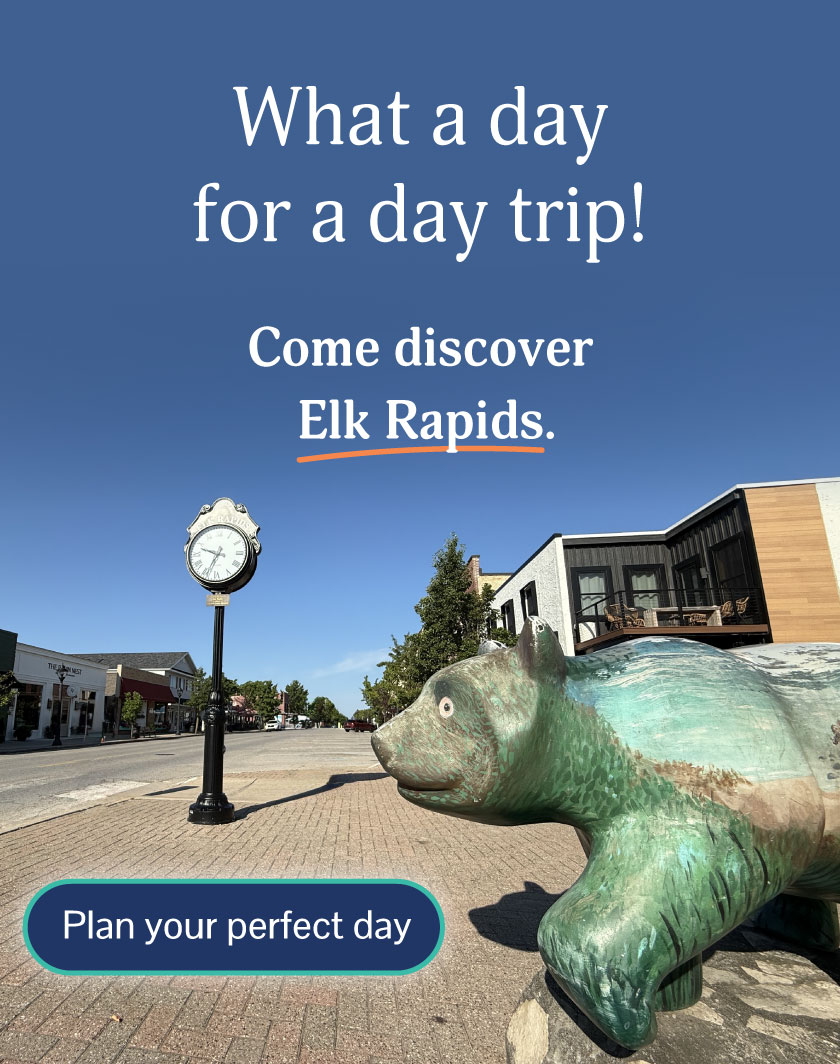Job hunting 101
Aug. 9, 2009
Job Hunting 101College grads: do what you love, see the result
By Kelsey Lauer 8/10/09
It’s nearly every college graduate’s greatest fear, especially in the current economic situation: What if I can’t find a job before I graduate?
Try taking a look at your interests and passions—what you enjoy doing in your free time, says Kelley Bishop, executive director of career services at Michigan State University. Your future career might already be laying in wait.
“It’s counter-intuitive in some ways when you might have a difficult economy. Focus on what you’re passionate about,” Bishop says. “That’s where you are more likely to have skills for. Furthermore, you’re more likely to have a lot of knowledge about it because you care about it.”
“Pursuing that path will get you somewhere where you’re happy and will make a difference,” he adds. “When graduates have already gone out that last gate, they’re saying ‘I desperately need work.’”
Following your interests doesn’t even have to begin in college; it can be applied to people of all ages and backgrounds, Bishops says.
WINNING THE LOTTO
One scenario that Bishop frequently uses to help students discover some of their hidden skills and dreams is to ask them what they would do if they would do if they won the lottery and money was no longer a factor.
“Let’s imagine that you play the lottery. It turns out that your number is the winning number and there’s $40 million in the pot. What are you going to do? They usually go along with me on it,” he says.
He then asks them how they would spend the money, and from there, gets into what they would do if they didn’t have to work.
“After the government taxes, you’ve got $28 million. We get around to this big amount of money—how would you spend your days?,” Bishop says. “‘I’m going to put some money towards a children’s hospital. I probably have rich friends by then, so I would convince them to put money in.’ How? ‘Maybe I’d speak, deliver a passionate speech.’
The end result is, Bishops says, is that the student will hopefully recognize a possible career in what they like to do.
“Basically (in this case), you’d help hospitals raise money from rich people. You don’t need money to do that.”
SELL YOURSELF
Think of yourself and your skills as a product that you are marketing to potential buyers, says Kristy McDonald, an employment specialist at Northwestern Michigan College in Traverse City. Does someone want to buy you?
“It’s a much different age in which you can’t sit around and expect a job to come to you,” she says. “Make sure you have that five-minute spiel when you meet someone at Young Professionals Night. It’s very rare now that there’s an ad in the paper and someone gets a job that way.”
Use the Internet to see what’s out there and how you compare, too.
“Say you’re in advertising or art design; are you looking at what other people out there in the same field have?” McDonald says. “Pizzazz. When you have 100 applications per job opening right now, how do you stand out? How do you fit into that organization?”
As for interviewing, “Learn the art of interviewing. I do a lot of mock interviews. It’s a conversation (where) you should be asking questions yourself. The most important question is ‘do you have any questions for us?’”
YOUR RESUME
A resume and cover letter are some of the best way to market yourself to a potential employer, but they have to be phrased properly to be affective.
“People wait to start doing their resumes near the end. It’s like a piece of art; it should be worked on constantly,” McDonald says. “It’s hard to do at the end and remember everything you’ve done. (Write down) a great thing you did that someone complimented you on, whether it’s been two or four years.”
Make sure that various work experiences—whether paid or volunteer—are separated into the correct section, too.
“A common mistake I find in people’s resume and cover letter is that they do not really know what (service learning opportunities or internships) are,” she says. “A resume is where you showcase those skills; people put things like ‘cashier’ under work experience. Professional experience should be related to the career field in which you’ve chosen, (like writing for the White Pine Press for a journalism major).”
And don’t forget—it’s not all about you. Consider the company where you’re applying and how your skills could benefit them.
“Cover letters are all about the person, usually,” McDonald says. “A cover letter should be about why they fit the company. If you’re going to work at Munson, it should talk about Munson and why you fit there (and) what you could do for them. They send out generic ones; every cover letter should be targeted to the exact organization where you’re applying.”
NETWORKING
Meeting people and getting involved in activities around campus are some of the best things you can do says McDonald.“The first thing is to be involved. Even before they’re ready to start looking for a job, they should consider the moment they set foot on a campus as the interview process,” she says. “Get involved with those student groups because people are looking to make sure you have a good set of skills.”
Pertinent student groups for an accounting major might be the math and finance clubs, for instance, according to McDonald.
“The other thing is that all the people you meet during your college experience are potential networking opportunities,” she adds. “A lot of student gets those jobs through people they meet.”
Many of those skills learned by getting involved with on-campus or community organizations can also be applied to future careers, Bishop says.
“A couple things to think about for a job to be meaningful to you, it’s got to be something that you have the skills for. That means you need to have an idea of what your skills are – how transferable skills can be.”
“Being a productive member on a sports team where maybe you’ve been elected a captain might mean you’d also be good as a manger on a work unit because that’s about understanding everyone’s strength on the team.”
BE PATIENT
“You don’t go looking for a job; you go looking for your life. What is the thing I really need to do?,” he says. “In the process of getting around the people that do that, that’s when you discover the opportunities. A job is temporary to do something that hopefully you care about, but the path that you’re heading on is a lifelong thing.”
Above all else, Bishop reminds job hunters to be patient and not to forsake their ideal profession just because they can’t find their dream job right off the bat. Don’t be pushed into a career that you hate.
“The feeling is, ‘I can’t tell my parents I’m thinking about my dream job instead of just getting a job,.” he says. “You want to help the person take care of the immediate need, but you have to remind them to (keep that dream job in mind).
“You might, in the process of that, struggle to discover something you never knew you were looking for, but it doesn’t happen magically by itself.”
Trending

The Art of the Decoy
On mantles and shelves around the country (and indeed, around the world) sit intricate and beautiful wooden fish decoys that… Read More >>
Wreath the Halls
Get ready for the holidays with the ultimate wreath workshop! Boyne Mountain hosts Wreathfest, Saturday, Nov. 8, with Kalin … Read More >>
TC Beer Week Is Back!
Traverse City will be getting sudsy this weekend, as Traverse City Beer Week returns Nov. 7-15. This year, each day has a th… Read More >>


